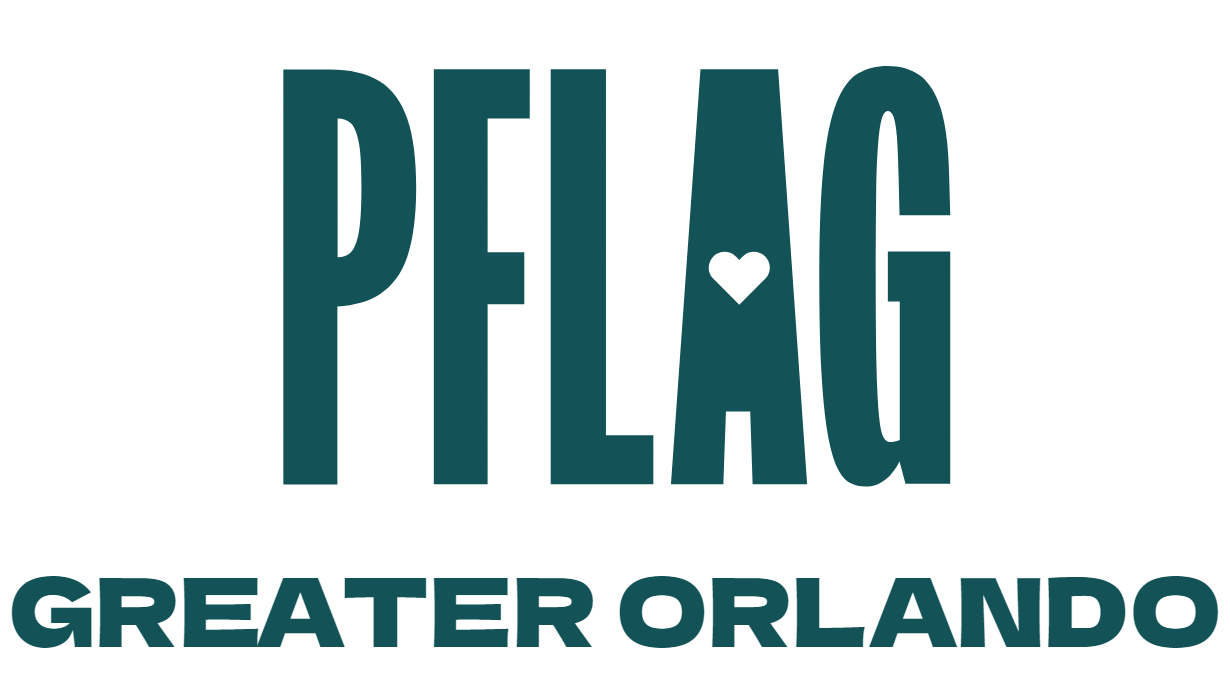Each of us comes for a different reason.
- Lesbian, gay, bisexual, transgender, and questioning (LGBTQ) people come to a PFLAG meeting:
- to learn from other family members and allies how they can tell the people in their own lives that they are LGBTQ.
- to help other people adjust to the news that someone they know is LGBTQ.
- to create a family of choice to replace the family they lost when they came out.
- Parents and family members come to get support from other parents and family members who have been through similar experiences.
- Spouses of LGBTQ persons come because they want to support their spouses and their families.
- Transgender people and their parents come because they want to get support and share about what it is like to have a family member transition to another gender.
- Allies and friends come to meetings:
- to support a friend who is LGBTQ
- to learn how to handle LGBTQ issues that face them in today’s society, and how to stand up for the rights of LGBTQ people
- to connect with other folks in their community who care about and are working for equal rights for LGBTQ folks

